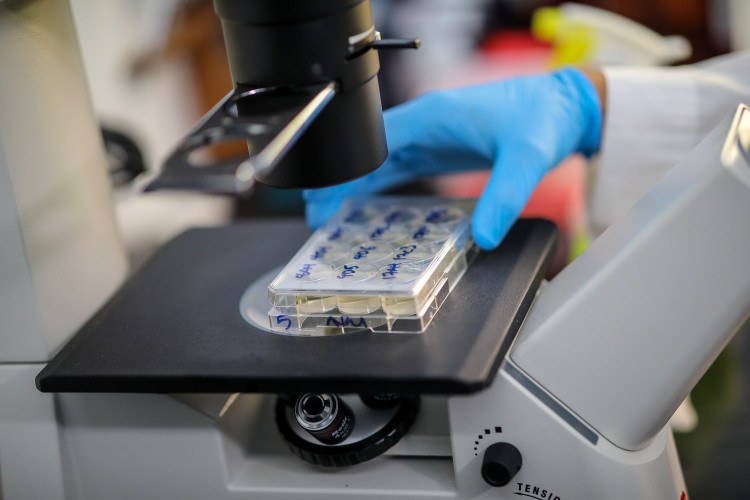Convalescent plasma as a COVID-19 treatment has been approved by the U.S. Food and Drug Administration but a government panel says it isn't a recommended treatment.
NIH Panel Thwarts Earlier Hopes for Convalescent Plasma
In an online report Tuesday, the COVID-19 Treatment Guidelines Panel, which is a part of the National Institutes of Health, said there was no strong evidence that convalescent plasma could be used to treat coronavirus patients.
"There are currently no data from well-controlled, adequately powered randomized clinical trials that demonstrate the efficacy and safety" of this treatment for COVID-19 patients, the panel said.
The Food and Drug Administration allowed an emergency use authorization for convalescent plasma to be used in coronavirus patients.
While more than 72,000 COVID-19 patients in the U.S. have received convalescent plasma the panel said it should "not be considered standard of care" until further studies proving its efficacy were published.
UAB Researchers Consider Convalescent Plasma Studies
As the debate over the use of convalescent plasma for treating coronavirus continues, researchers at the University of Alabama in Birmingham have started studies into the therapy's efficacy.
The investigations concentrate on two aspects: whether the therapy can prevent transmission among exposed people and if it can be used in cases.
Dr. Sonya Heath, professor of medicine in the university's division of infectious diseases and head of the research group, said convalescent plasma had been given to COVID-19 patients at University of Alabama Hospital since March.
However, Heath said randomized control trials hadn't been conducted - especially for outpatients. It remains to be seen if the university's studies will help determine the efficacy of convalescent plasma.
WHO Officials Warn Against Emergency Use Authorization Orders in Vaccine Race
Meanwhile, officials from the World Health Organization said using emergency use authorizations in countries working toward developing a coronavirus vaccine should be made using extra caution.
Governments and the pharmaceutical industry are working to develop a vaccine that will prevent further infections among those not yet exposed to the virus.
It is expected that once a vaccine emerges, countries will make emergency use authorizations so people can receive the shots. However, WHO scientists said great care must be taken before such steps are taken.
WHO chief scientist Dr. Soumya Swaminathan said during a news conference this week that licensing or releasing emergency use authorizations is not "something that you do very lightly" because of the potential risks of using vaccines on a widespread scale unless they have passed all regulatory controls.
To date Russia is the only country to have approved production of a COVID-19 vaccine.





